I wish we had recorded the event, so that we could return to his words in more detail. The students were lucky to have met Anil Awchat that day, and like me, they were moved by him. They had not heard of him before that day, but they knew he was a rare kind of writer. He did not write for fame or for money. He wrote to share his ideas and ideals with us, to make us look at people and places that we might try to forget. Whenever I have been in his company over the years, he has made me look at my own life and want to be to do better. Like a true Gandhian, he was an exemplar. He did not only preach his ideas or write them; he lived them as an example for others.
Anil Awchat was the embodiment of all that was hopeful and good in India. With his passing, we mourn the passing of a principled post-independence generation, one who worked hard to make India a country of high moral ideals, non-violence and inclusiveness. He made a life in order to stay true to his principles, yet, he did not look at his choices to live a simple life as a sacrifice. In fact, it was, he showed us, the best way to live. He was free and consequently happy throughout his life. His very presence exuded both confidence and peace of mind, and this is what he conveyed when, in November 2009, he visited Oakton Community College just outside of Chicago as an invited speaker.
About fifty philosophy, English and science students gathered to listen to him that day, including my own students. I’m sure they expected a speaker who would stand apart from the audience and give a pre-prepared speech. Instead, he sat in a chair amongst them, wearing, as always, his khadi cotton shirt and trousers, with his shock of white hair and glasses, his warm smile lighting up his face. He was surrounded by students and seemed comfortable with them, and they with him. He did not lecture. We had a question and answer session, followed by a discussion in which students, Americans of all different nationalities and races, engaged with deep interest. I remember well that they liked him, they felt immediately at ease in his company. They asked him so many questions. It was a heart-warming experience, and we all went away from that event thinking deeply about many important issues.
He spoke about Gandhian principles of simple living and non-violence, about what it means to live a life where one chooses, above all, to do no harm or injury. He spoke about his work in drought-stricken Bihar in 1966-67, his time in medical school, and his reasons for becoming a writer who wrote about the underclass, following the principle of Gandhi’s talisman. Gandhi had given a way to measure one’s conscience and life with his talisman. “I will give you a talisman,” Gandhi said, “Whenever you are in doubt, or when the self becomes too much with you, apply the following test. Recall the face of the poorest and the weakest man [woman] whom you may have seen, and ask yourself, if the step you contemplate is going to be of any use to him [her].” Anil Kaka talked about his books about sex workers and bidi-workers. He also talked about his wife, Sunanda, their love story, and how they worked side-by-side in their social work. He talked about starting Muktangan De-Addiction Center. He played flute for the students, and he made origami animals as he talked and handed them out. I still have the origami bird he made sitting on shelf in my office.
What would it mean, if instead of accepting the competitive race against others for self-advancement, we live a life dedicated to helping those in need? What if we measured our life, not by how much money we make, but by how closely we abide by our inner conscience? We all know what is right and what is good. We also know how it feels when we are able to do something that meets our inner conscience, when we do something good for others and not only for ourselves. It is an indescribable kind of joy that we feel in such moments, which for most of us are usually rare. But, not for him. This was his life. He lived his whole life dedicated to such ideas.
I remember one story that really got the students interested. He talked about how he did not use industrialized artificial soaps but rather cleaned himself using natural ingredients, ones they have used in India for centuries like neem and shikakai. The students were aflutter with interest. They asked him a lot of questions about how to live simply. He talked about living in balance and using only what was absolutely necessary, being careful not to take more than one needs. Now, ten years later, whole industries thrive in new eco-conscious products, but Anil Awchat did not follow trends or follow the crowd. He always followed his conscience. The point is not to “buy” one’s way into right living, but rather to live with awareness of one’s impact on Earth, on society and on those we love.
I wish we had recorded the event, so that we could return to his words in more detail. The students were lucky to have met Anil Awchat that day, and like me, they were moved by him. They had not heard of him before that day, but they knew he was a rare kind of writer. He did not write for fame or for money. He wrote to share his ideas and ideals with us, to make us look at people and places that we might try to forget. Whenever I have been in his company over the years, he has made me look at my own life and want to be to do better. Like a true Gandhian, he was an exemplar. He did not only preach his ideas or write them; he lived them as an example for others.
India needs his ideas and his example more than ever today. It is with deep sadness that we must say good-bye to him. We need not, however, say good-bye to everything he lived for. I have no doubt that he would want us to continue his work in whatever ways we can. May he find rest and freedom in the next life, and may we continue to work as he did, patiently and with inner peace, for the non-violent and inclusive India he embodied.
- Madhuri Deshmukh, USA
Tags: Anil Awchat Muktangan Marathi Authors Obituary Load More Tags

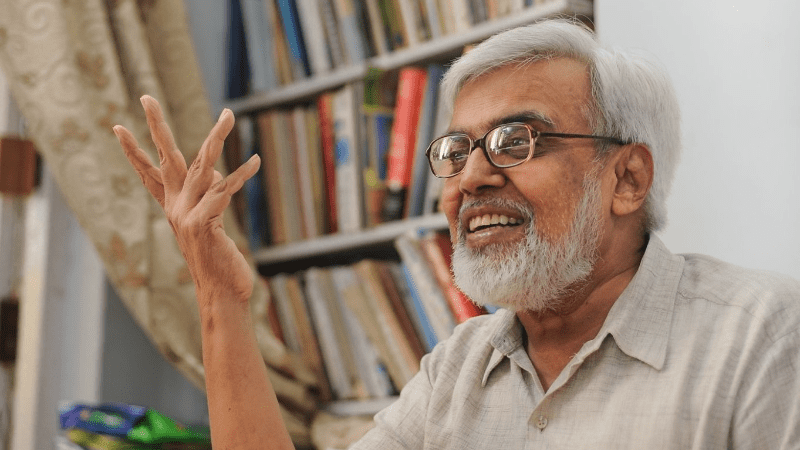
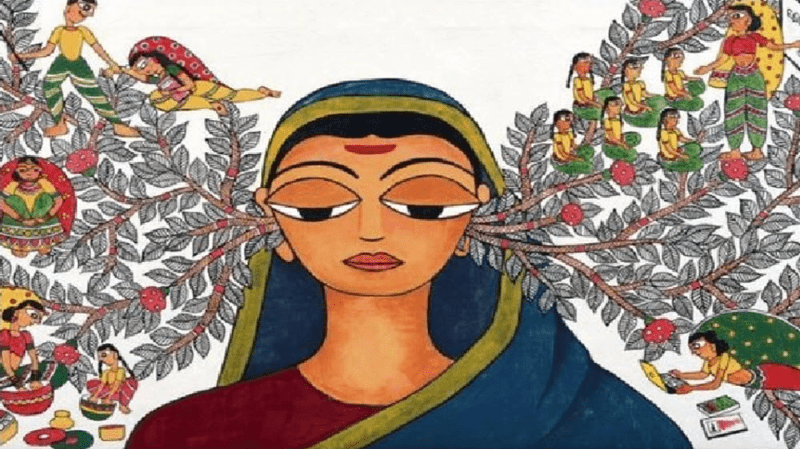
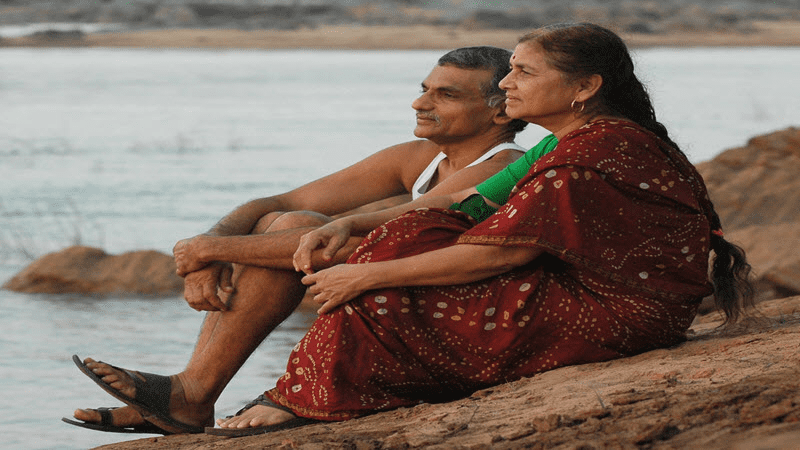
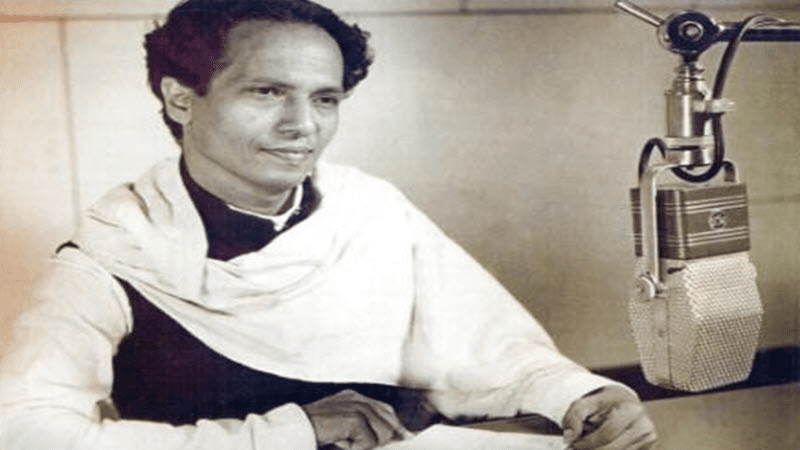
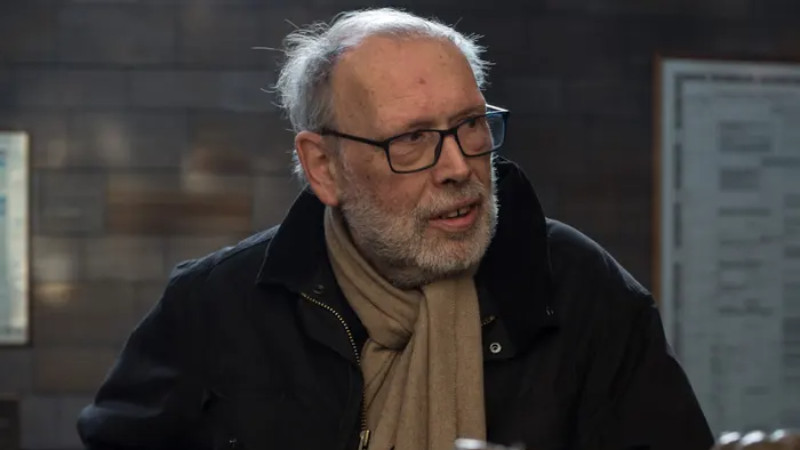
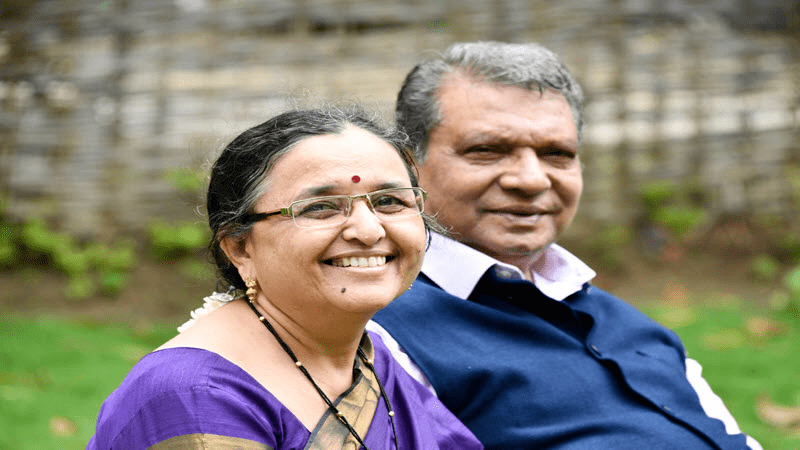

























Add Comment